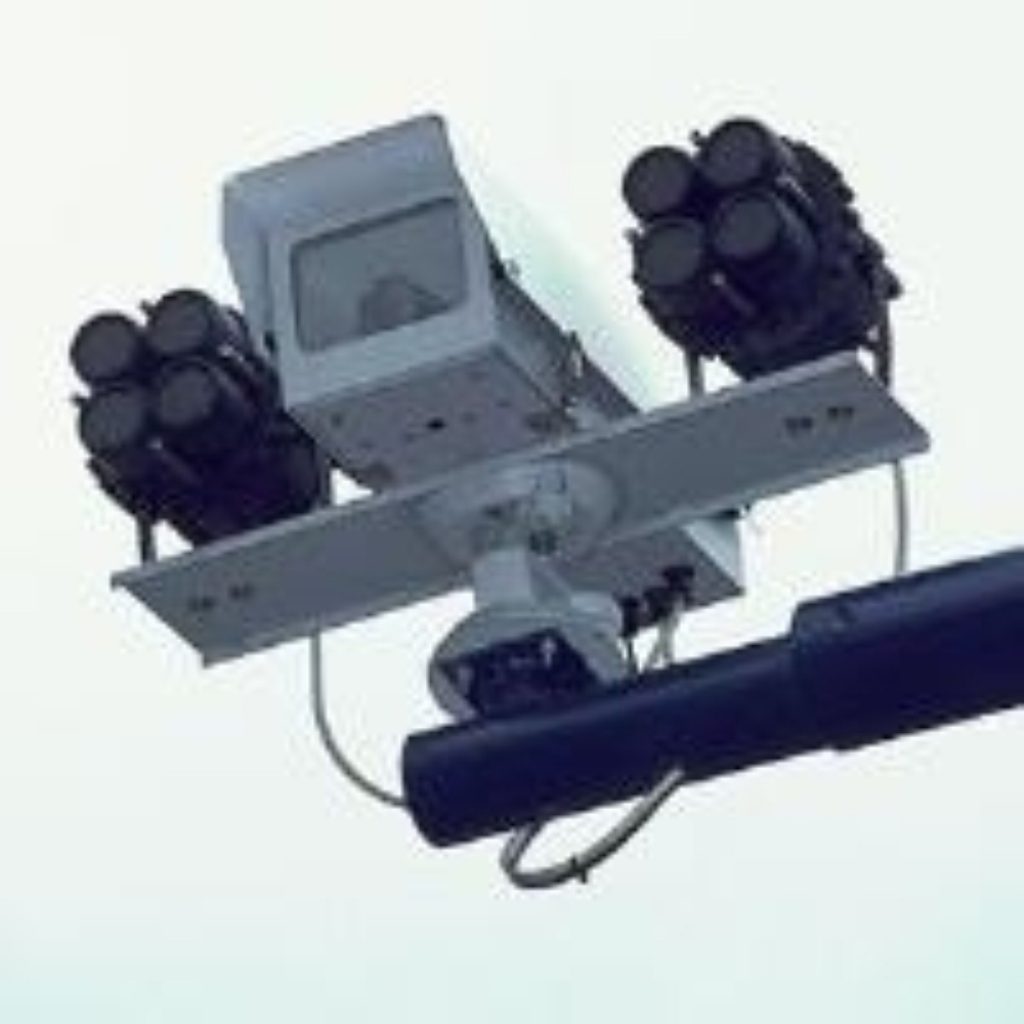MPs demand more traffic officers
Speed cameras cannot replace road traffic police in promoting safety and more officers must be put back on patrol, MPs have warned today.
The Commons transport select committee says that although speed cameras are a cheap and effective way to slow motorists down, only “good old-fashioned policing” can tackle other safety issues such as drink-driving or not wearing seatbelts.
More than 3,200 people were killed on Britain’s roads last year, and a further 370,000 injured. The MPs welcome the government’s “considerable achievement” in meeting its casualty reduction targets so far, but warn there are still too many injuries.
Today’s report highlights the fall in the number of specialist road traffic police as a major problem – police forces are increasingly sidelining the work, with the result that numbers fell by up to two thirds between 1996 and 1998, and by a fifth from 1999 to 2004.


The MPs point out that although cameras can be used to monitor one of the biggest causes of accidents, speed, only human beings can spot whether people are wearing their seat-belts, are on drugs or drunk, are overtired or are on their mobile phone.
One sixth of deaths on the roads involve a driver who is over the alcohol limit, figures the MPs say show an “appalling level” of non-compliance that can only be dealt with by a more visible police presence.
They also condemn as a “disgrace” the rule that means someone has to die on a road before a speed camera is installed, noting: “The relationship between speed and collisions is so well proven that this requirement is unnecessary and even irresponsible.”
Committee chairwoman Gwyneth Dunwoody told Today: “One of the things that actually keeps us safe on the road is good old-fashioned policing.
“We think that unfortunately chief constables, when they’re looking at the bottom line, start moving [things] around and one of the things that almost inevitably gets cut is traffic policing.
“That’s all very well, but you can’t assume that the camera is going to replace somebody who can assess when a driver has been drinking or has been taking drugs that make them unable to drive.”
Police Federation chairwoman Jan Berry welcomed the report, saying: “Speed cameras and other technology will never replace the skills and effectiveness of fully trained and properly resourced, dedicated road policing units.”
She added: “Many of the benefits of using fully trained police officers on the roads cannot be counted as easily as speeding drivers caught on cameras, but we hope that finally politicians will recognise and address the damage that is being caused by cutting police officers out of the equation.”
In a joint statement, the Home Office and Department for Transport said they attached “great importance” to road safety and policing was a “vitally important” part of this, as shown by the increase of dedicated traffic officers since 2002.
“Technology enhances police officers’ work, allowing them to do their job better and more quickly and freeing them up to concentrate on tasks that require their specialist skills,” the statement said.
“But we are quite clear that technology alone cannot meet all the aims of the road policing strategy and we would not expect it to.”












